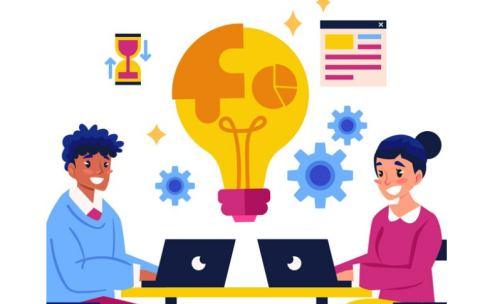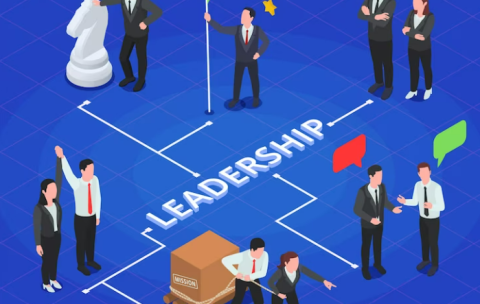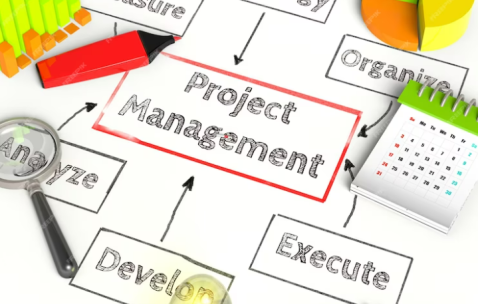Module 1: Introduction to Emotional Intelligence (EI) (3 hours)
Session 1.1: Understanding EI and Its Importance (1.5 hours)
Introduction to EI concepts
The significance of EI in professional and personal settings
Self-assessment: Identifying personal EI levels
Session 1.2: Components of EI (1.5 hours)
Exploring the five components of EI: self-awareness, self-regulation, motivation, empathy, social skills
Interactive activity: Recognizing EI traits in various scenarios
Module 2: Self-Awareness and Self-Regulation (4 hours)
Session 2.1: Developing Self-Awareness (2 hours)
Techniques for enhancing self-awareness
Understanding and managing emotions
Reflection exercise: Personal emotional analysis
Session 2.2: Mastering Self-Regulation (2 hours)
Strategies for managing impulses and emotional reactions
Stress management techniques
Group exercise: Role-playing challenging situations
Module 3: Empathy and Social Skills (4 hours)
Session 3.1: Cultivating Empathy (2 hours)
Understanding and developing empathy
The role of empathy in effective communication and relationship building
Empathy exercises: Perspective-taking activities
Session 3.2: Enhancing Social Skills (2 hours)
Effective communication and interpersonal interaction
Building rapport and networking skills
Interactive session: Practicing networking in a simulated setting
Module 4: EI in Leadership and Teamwork (4 hours)
Session 4.1: EI in Leadership (2 hours)
The impact of EI on leadership effectiveness
Leadership styles and emotional intelligence
Case study analysis: Leaders with high EI
Session 4.2: EI in Team Dynamics (2 hours)
Promoting a positive team environment using EI
Conflict resolution and collaboration
Team activity: EI in team problem-solving
Module 5: Practical Application and Development (5 hours)
Session 5.1: Personal EI Development Plan (2.5 hours)
Creating a personal plan for developing EI
Setting goals and identifying resources for EI improvement
Workshop: Developing and sharing personal EI plans
Session 5.2: Integrating EI in Professional Scenarios (2.5 hours)
Applying EI skills in business contexts (negotiations, customer relations, etc.)
Role-play scenarios: Implementing EI in complex situations
Group discussion and feedback
Additional Elements:
Guest Speakers: Industry professionals sharing insights on the importance of EI in business.
Interactive Activities: Role-plays, group discussions, and self-reflection exercises.
Assignments: Journaling emotional responses, EI development plans, and case study reports.
Feedback and Assessment: Continuous feedback from peers and instructors, and a final presentation on the personal EI development plan.
This course aims to enhance MBA students' understanding and application of emotional intelligence and interpersonal skills, vital for personal growth and professional success.











